Contents
- 1 1) Do you want to tell us something about yourself and your art?
- 2 2) What techniques do you use to draw? Do you have a favorite artist that inspires you?
- 3 3) How much was the passion for drawing born in you? And the one for the tickle?
- 4 4) What are the tickling scenarios that you prefer to draw?
- 5 5) What are the aspects of tickling that you intend to represent with your art? Example: the laughing, the wriggling, the relationship between tickler and ticklee?
- 6 7) In your opinion, what makes tickling so interesting for fans of this phenomenon?
- 7 8) What are your works of which you are most proud?
- 8 9) Do you have any particular artistic goals for the future?
- 9 10) Do you think AIs will end up enriching or impoverishing the art of tickling representations?
1) Do you want to tell us something about yourself and your art?
Well, I’ve been going by many names, I started out as a member of forums like the Tickletheater (which has sadly closed down now) and the Tickling Media Forum under the username Scavenger. Later on, I’d have a presence on DeviantArt under the pseudonym of Will Georges. Currently, I’ve been active on the TMF once again as the Ghost Of Scavenger; Ghostos for short. As for my art, I started out as a traditional artist, classically schooled, about twenty years ago, before gradually transitioning into the digital art medium. I do somewhat specialize in machine-tickling themed art, at least that’s what I seem to be known for.
2) What techniques do you use to draw? Do you have a favorite artist that inspires you?
I started out traditionally, pen on paper, before buying my first Wacom tablet and discovering the world of digital painting. I’m not a painting purist, I love using tricks and shortcuts to get cool looking results faster. Back in the day I used to build miniature backdrops, photograph them, and then digitally paint over those pictures in photoshop to incorporate them into my drawings. I’ve got a background in graphic design and animation, so mixed-media techniques have always been part of the workflow. At the end of the day, we all want to enjoy a unique, great, sexy looking picture, it doesn’t matter how you get there, and one might learn something new on the way there too. My current setup is a rickety refurbished ex-business laptop running an old glitchy copy of Photoshop paired with a chinese Huion pen display. It works, most of the time.
As for inspiration… there’s been so many artists that I admire, from classic masters like Rembrandt to modern mainstream ones like Boris Vallejo, Frank Frazetta and HR Giger, to fellow fetish artists that are active to this day.
But I’m going to say Franco Saudelli for sure. His art was the first (tickling) fetish artwork I ever encountered and to this day it’s still insanely inspiring for me to look at. What an incredibly talented guy he is. I own hard copies of pretty much all of his fetish art, and a few of his mainstream comic books too. What I admire most is that he doesn’t just draw “pretty girls”. Especially in his later work he draws women that are more mature, have a bit more… err… shape to their body, and as I’m getting older and more experienced myself, I’ve started to see the beauty in that as well.
3) How much was the passion for drawing born in you? And the one for the tickle?
Like many artists, I’ve been drawing for as long as I can remember. Tickling… well that I don’t know. I know I was always particularly interested when a character in a television program or cartoon was tied up, it just held a particular fascination for me that I couldn’t explain myself. Apart from that, I can definitely say I’m a foot fetishist. I’ve always had a particular interest in feet, long before I found that it had a sexual appeal to me. And foot fetishism and tickling go hand in hand really, especially if you add in an interest in what is essentially bondage, or a light form of BDSM.
Like many others, there doesn’t really seem to be any starting point as to where an interest for any fetish as such began. Maybe we’re born with these kinks, and they just gradually grow as we get older. Like seeds that have lain dormant starting to sprout.
I think the first inkling that tickling was anything of particular interest to me was a scene from an Asterix the Gaul animated movie. I have vague memories of a scene where the druid Getafix is captured by the Romans and is briefly “tickle-tortured”. Then, several years later, there was the (in)famous TMNT April O’Neil tickle scene which we all seem to remember, a shared moment of revelation for a lot of us in the community. I still remember being quite bewildered after that episode, retreating to my bedroom and redrawing the scene over and over again in my sketchbook.
But it wasn’t until much later, when I first ventured online at the start of the 2000’s that I discovered I wasn’t some lonely freak, and that there were thousands more people, artists even, all enjoying the same interest. Mind you, this was before the rise (and eventual decline) of Deviantart, so the amount of material available to my perusal was much, much smaller. But still it was like discovering an entire new world.
4) What are the tickling scenarios that you prefer to draw?
I definitely lean towards the more extreme tickling scenarios; heavy bondage, remorseless tickle torture, often involving machines or utterly alien monstrosities. I’m not really into BDSM (something about the actual inflicting of serious pain puts me off), but I do heavily borrow elements from that scene. So, most of my works focus on scenarios like interrogations, punishment, experimentation (for example in a clinical setting like in my recent “Valserik Institute” creations). I have a particular fondness for mummification bondage -or any variation upon that theme; there’s something very exciting about the concept of a ‘lee being totally restrained, with a particular part of their body (mostly their feet) exposed and vulnerable, this is something that will find its way into my art very often, to such a point that I almost default to it, and I have to make a conscious effort to steer away from it so that I can have greater variety in my work. I guess I do draw and paint what I like to see myself first and foremost.
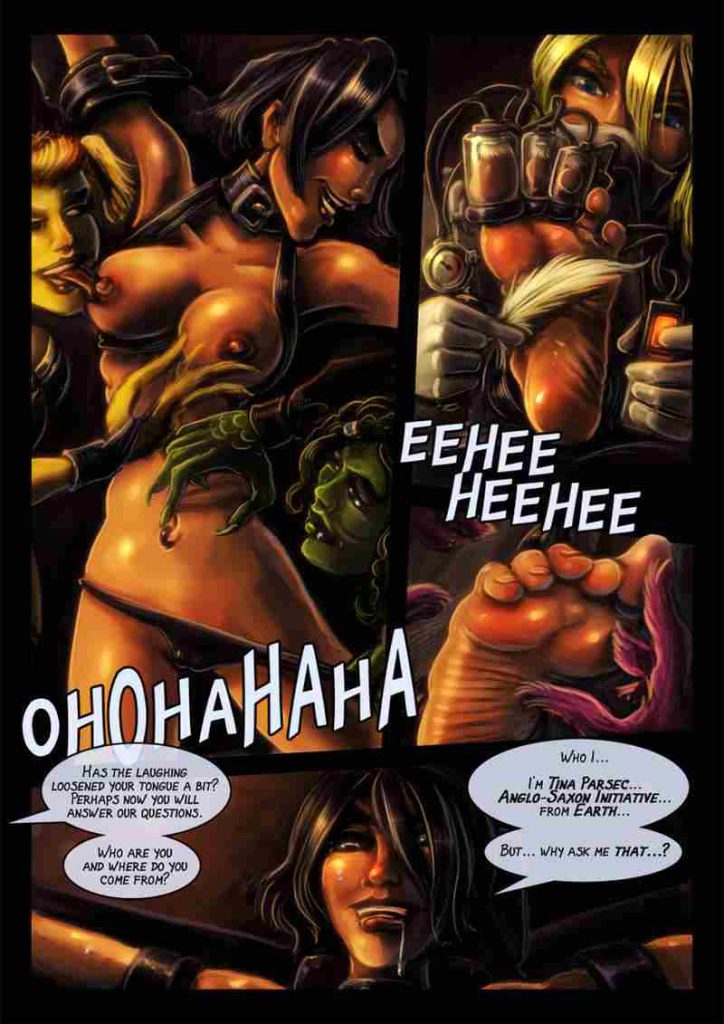
5) What are the aspects of tickling that you intend to represent with your art? Example: the laughing, the wriggling, the relationship between tickler and ticklee?
For me, apart from the visual aesthetics (I’ll take any excuse to draw a beautiful pair of soles, or a tightly tied up woman), it’s the psychological aspect of it. The powerplay. The sadistic rush of power the ‘ler experiences as they exert total control over their subject, but also the desperation and vulnerability of the ‘lee; the realization they have no choice but to ride out the experience because no amount of begging and pleading is going to make the tickling stop. This is especially true for machine tickling scenarios, as the machine performs its actions in a coldly calculating way, and I find the contrast of logic and steel versus emotions, desires and flesh is quite a powerful one.
6) Online there are countless photos and videos of tickling sessions. In your opinion, what do illustrations offer more than images of real scenes?
In most cases a (video)camera is like an objective observer, it takes quite a bit of directorial and cinematographic approach to make these photographic images and footage convey emotion. This works for feature films and such, but for fetish videos, it’s probably not very practical. Art is much better at naturally conveying moods and emotions. Perhaps it’s because as humans we have had art at our disposal for hundreds of thousands of years, whereas photography and film are only just over a century old.
Aside from my philosophical musings there, I almost exclusively focus on sci-fi and dark fantasy themes in my fetish artwork. And there’s just no way this is ever going to be applicable to fetish videos. Yes, in theory it could be done, but no video producer is ever going to have the budget for the props and sets and general polish to make it look good.
In the end, I think art uniquely holds the key to the world of imagination, the suspension of disbelief needed to make these crazy tickle scenarios that we draw seem as if they are real, despite being always stylized to some degree.
7) In your opinion, what makes tickling so interesting for fans of this phenomenon?
That’s probably even harder a question to answer than the question why tickling is interesting to myself… I assume the same factors which apply to myself, might apply to others.
I think our particular kink has certain aspects to it that make it inherently appealing to a wide variety of people; it’s actually very gentle; even in really “dark” tickle torture scenarios, it never really appears to get as extreme, as some of the harder BDSM sessions one might imagine. There’s always a certain lightheartedness to it, a certain humor to a degree. It’s also an activity that – at least in the real world – requires human interaction, touch, caressing, so it’s a very sensuous, and therefore perhaps sensual thing. And perhaps – like so many kinks, it is deeply rooted in one’s psyche; from childhood play into adult life activities. I’m not a psychologist so I’m hardly qualified to theorize on that one…
I believe I once read that of all animal species only humans display ticklishness and tickling-induced laughter. If this is true, then that’s another intriguing mystery that is worth pondering about.
8) What are your works of which you are most proud?
It’s really hard to pick even a few works or projects, because there have been so many… I’d definitely say my work on Tickling in Space – which was a collaborative project with another tickling fetish artist: The Bandito. Just for the sheer size and scope of that project, and it came out pretty nice and looking back on it, it still holds up to this day. Other ones include my “Pearlescent White” series ( a series of foot-fetish bondage pieces featuring ebony women – created under the pseudonym of Will Georges), and my collaborative work with Khali (A.K.A. PsylisiaDragoon) both as a colorist for some of her own art as well as my artistic takes on some of her amazing character designs. I think some of my best work has come out of collaborative projects, actually. It’s a pity that the tickling art community is so fractured now compared to what it was like, say ten or fifteen years ago. Artists used to create a vast amount of free material to promote themselves, often collaborating on grand projects, all to the benefit of the fans in the community. Many of them are now hidden away behind the Patreon paywall, and I don’t see all that many great collaborations anymore. It’s a sad development, but I guess that’s just the way the world goes.
9) Do you have any particular artistic goals for the future?
There was a long hiatus – almost a decade – where I just didn’t produce any fetish art at all, and only recently got back into it. My goal is to keep on going, for one thing. Aside from that, I’d really love to create another tickling comic, but the problem with that is that they are so time consuming. So I’m experimenting to find a way, a new style or approach that looks great but doesn’t take all of my (spare) time. I love comic books with a passion. I grew up with them, and have been drawing comics in some shape or form all my life, so yeah, definitely something I’d like to return to.
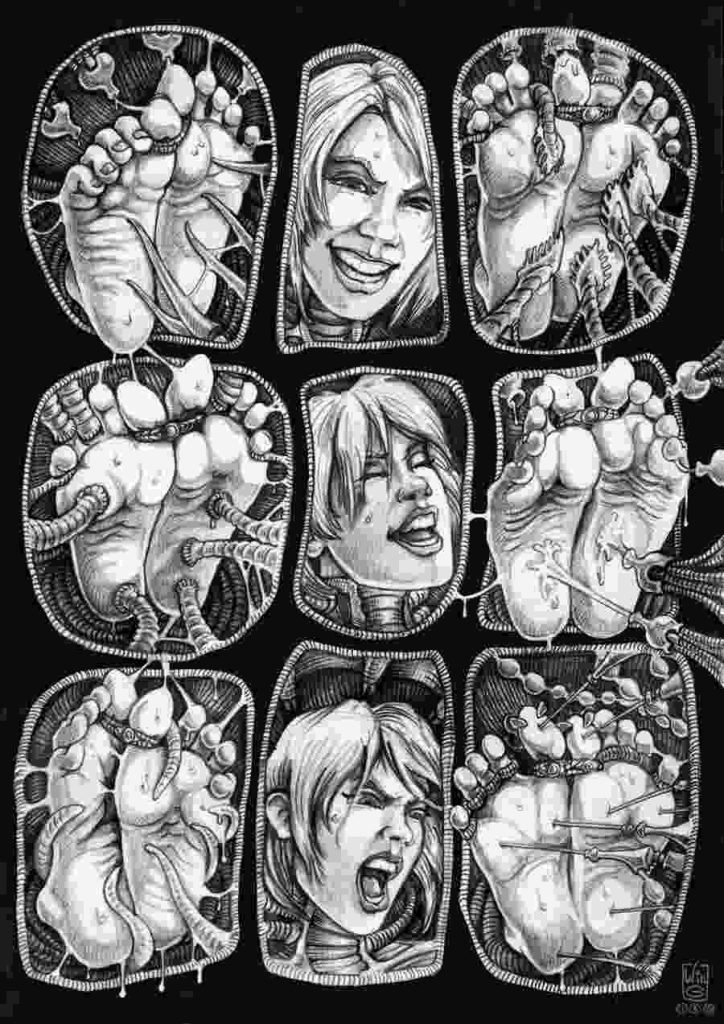
10) Do you think AIs will end up enriching or impoverishing the art of tickling representations?
I’ve been around long enough to see digital art take over from traditional illustration, and Photoshop taking over from physical paste-up in graphic design, that was only just over twenty years ago, and that was pretty tough on the established industry back then. The introduction of the computer -or rather the fact that they got cheap enough for pretty much everyone to own one- was in my opinion a far greater revolution than the emergence of AI art generators. I can assure you, there was much moaning and gnashing of teeth from traditional artists as companies started to hire faster -and thus cheaper- digital artists and designers.
At the end of the day though, looking back at it, computers have been proven an incredibly powerful tool and I am sure AI will fulfill the same role. In the hands of a skilled artist it will help to create better looking work faster, and that can only be a good thing. I myself have so many ideas I want to express in art, more than I’ll ever have time for, and perhaps AI will help me increase my output one day. Currently, the technology is still very experimental, and difficult to work with, one must be a coder to fine-tune these tools. And artists and coders are a separate breed.
Only time will tell where this new revolution is eventually going to take us. Yes, if you look at art as a product, it will really impact artists who create pictures for money, there’s no denying that. However, I think from an artistic point of view it will ultimately be enriching. Already, even in their primitive state, AI tools are a great “ideas machine”, often coming up with crazy, unexpected or surreal images by just randomly changing some parameters or prompt words here and there, and the outputs -despite being flawed- can be incredibly inspiring when one is at a loss for ideas on a certain project. It can help us artists break out of habits and conceptual biases, and that’s always a good thing in my book.
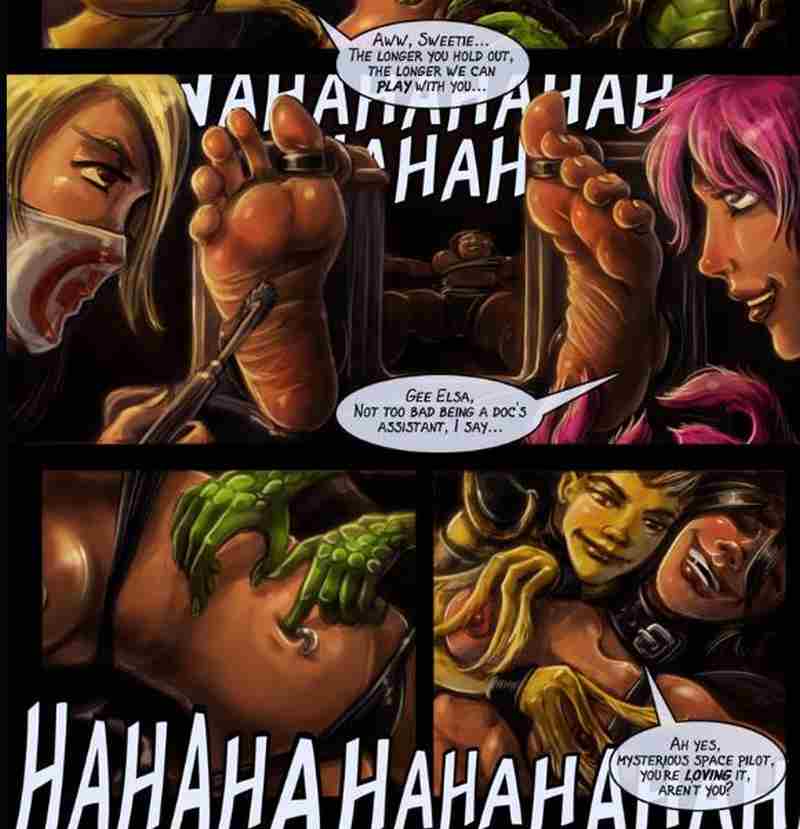
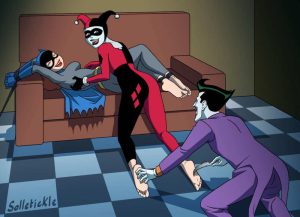
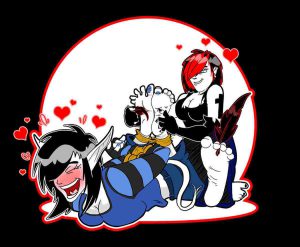
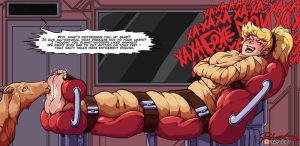

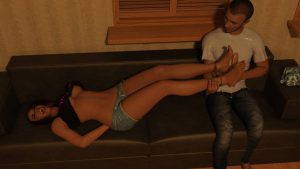
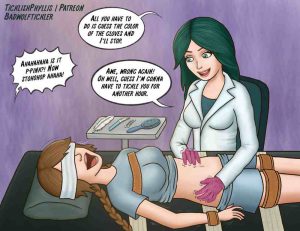
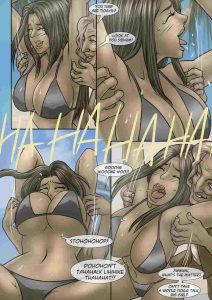
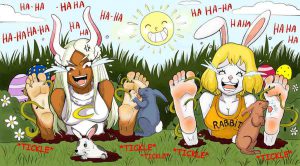
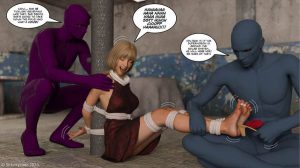
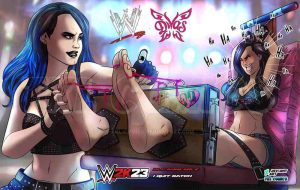
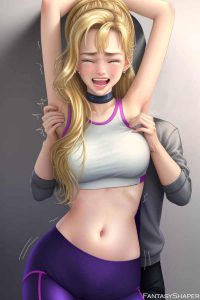
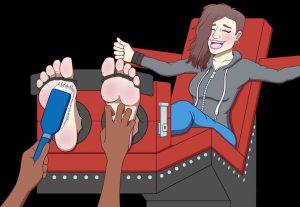
[…] images as they are. It will enrich it if, like it’s already happened with veteran artists like WillGeorges and pirata3, artificial intelligence is used to support the creative process, a tool which can […]